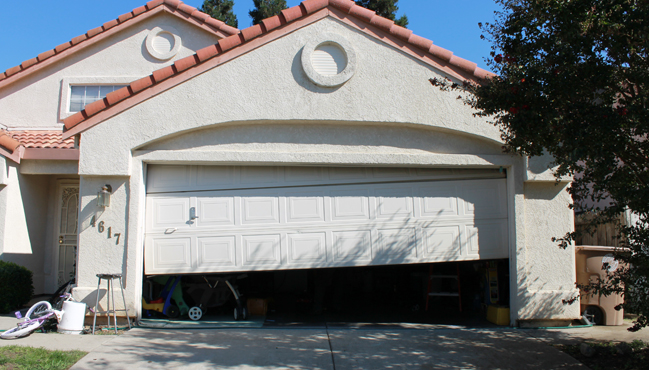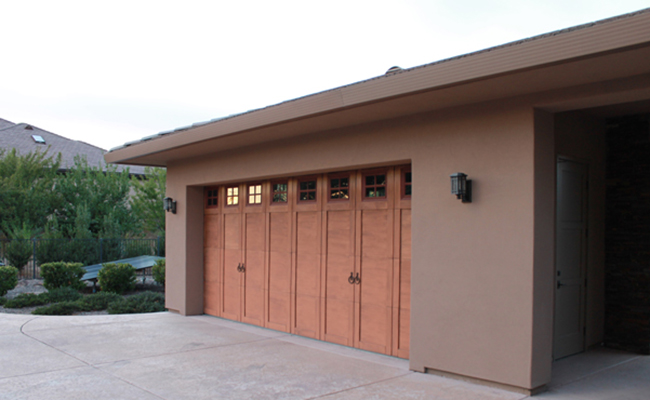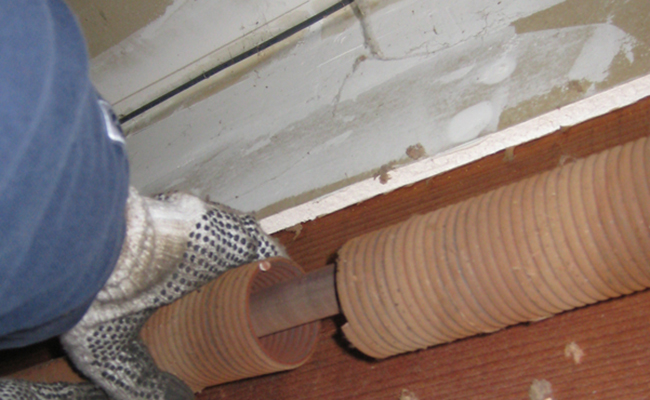Garage door insulation is an essential aspect of maintaining a comfortable and energy-efficient home, especially in climates like Austin’s. Insulating your garage door can provide numerous benefits, including improved energy efficiency, temperature regulation, and noise reduction. This guide will explore why garage door insulation is crucial, the types of insulation available, and how to choose the best option for your needs.
Why Insulate Your Garage Door in Austin?
Austin’s climate, with its hot summers and mild winters, makes garage door insulation particularly beneficial. Insulating your garage door helps maintain a stable temperature inside the garage, reducing the load on your heating and cooling systems and leading to energy savings. Additionally, insulation can significantly reduce noise, creating a quieter environment both inside and outside the garage.
Climate Considerations
Austin experiences high temperatures during summer, which can make garages unbearably hot. Insulation helps keep the heat out, maintaining a cooler interior. In winter, it helps retain heat, making the garage more comfortable.
Energy Efficiency
Insulating your garage door can lead to substantial energy savings by reducing the need for heating and cooling. A well-insulated garage door prevents temperature fluctuations, thereby enhancing the overall energy efficiency of your home.
Temperature Regulation
An insulated garage door acts as a barrier against extreme temperatures, helping to regulate the indoor temperature of your garage. This is especially beneficial if you use your garage as a workspace or for storage.
Noise Reduction
Insulation also helps in reducing noise from outside, creating a quieter environment inside your home. This is particularly useful if you live in a busy area or near a noisy street.
Types of Garage Door Insulation
There are several types of garage door insulation, each with its own set of benefits and installation requirements.
Polystyrene Insulation
Polystyrene insulation comes in rigid panels that can be cut to fit the garage door. It provides good thermal resistance and is relatively easy to install.
Polyurethane Insulation
Polyurethane insulation is a foam that is injected into the garage door panels. It offers excellent thermal resistance and structural integrity, making the door stronger and more energy-efficient.
Reflective Insulation
Reflective insulation consists of a reflective foil layer combined with other insulation materials. It is particularly effective in reflecting radiant heat, making it a good choice for hot climates.
Batt Insulation
Batt insulation is made of fiberglass or other fibrous materials and comes in rolls or pre-cut panels. It is typically used in walls and ceilings but can be adapted for garage doors.
Choosing the Right Insulation for Your Garage Door
Selecting the right insulation involves considering several factors, including the type of garage door, your budget, and the specific needs of your garage.
Factors to Consider
- Garage Door Material: Different materials may require different types of insulation.
- Budget: The cost of insulation varies depending on the type and quality.
- Climate: Consider the local climate and the primary purpose of insulation (temperature regulation, noise reduction, etc.).
Comparing Insulation Types
Evaluate the thermal resistance (R-value), ease of installation, and durability of each insulation type to determine the best option for your garage door.
Cost vs. Benefit Analysis
Weigh the initial cost of insulation against the long-term energy savings and other benefits it provides.
Best Insulation for Different Garage Door Materials
- Steel Doors: Polyurethane or polystyrene panels.
- Wood Doors: Reflective or batt insulation.
- Aluminum Doors: Reflective insulation.
Conclusion
Garage door insulation is an essential investment for homeowners in Austin. It offers numerous benefits, including energy savings, enhanced comfort, and increased home value. Whether you choose to insulate your garage door yourself or hire a professional, understanding the options and costs involved will help you make an informed decision.








